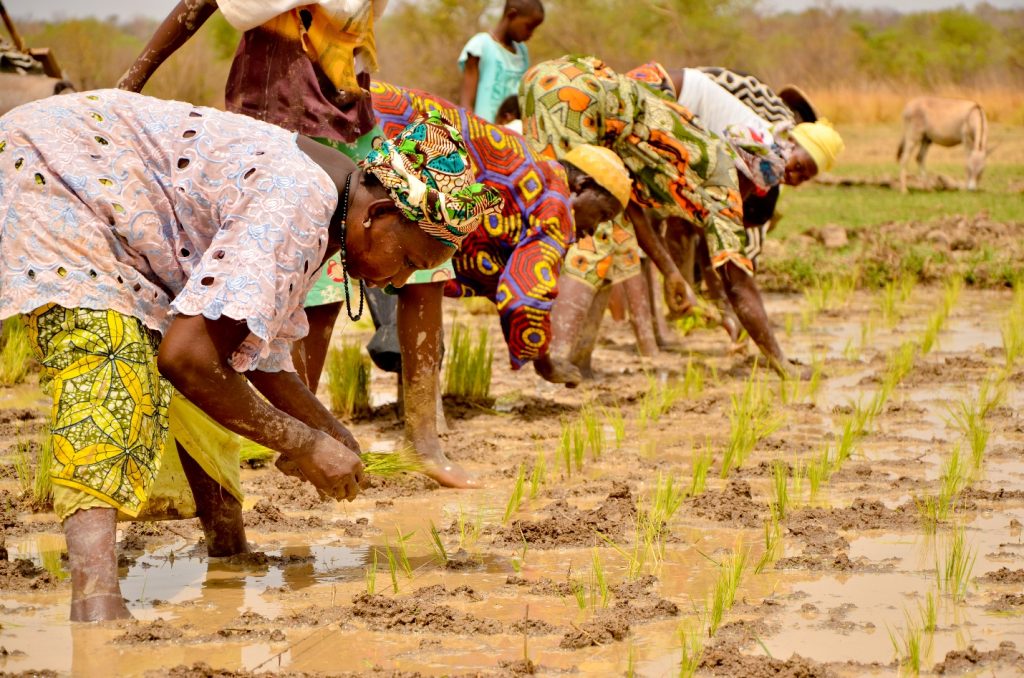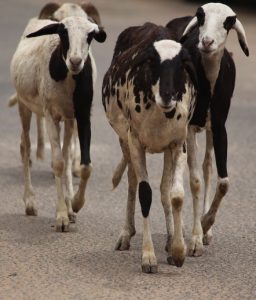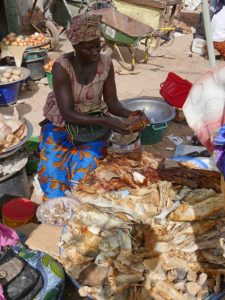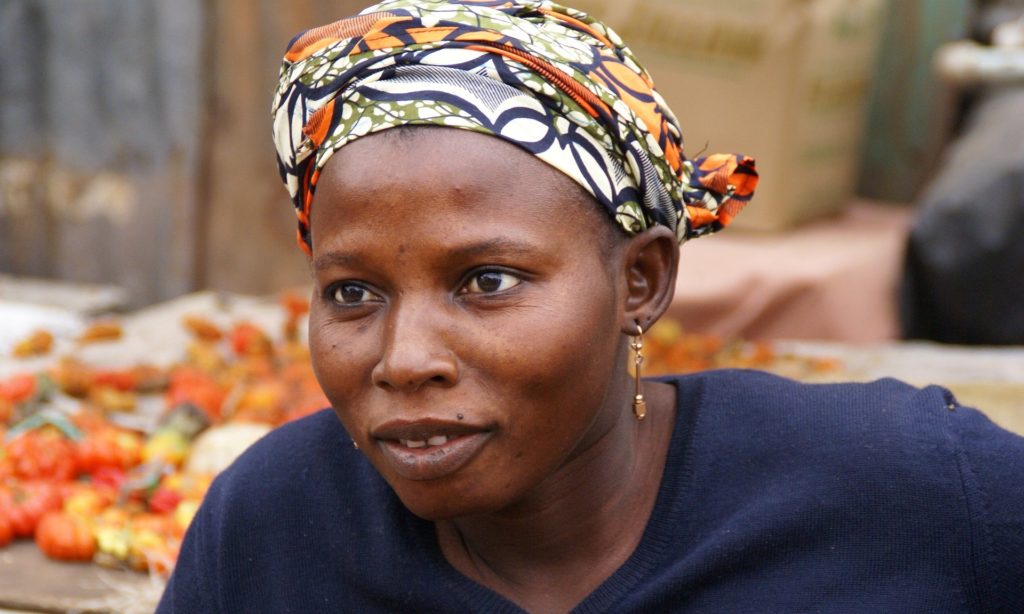Agriculture in The Gambia
Agriculture has always been vitally important in The Gambia. In fact, nearly 70% of workers in The Gambia are employed within agriculture, mostly subsistence farming that consists of raising and selling livestock or food crops. Whether commercial or subsistence farming, the production of food continues to be an important source of household income and survival. In spite of this, The Gambia’s agriculture sector is severely underdeveloped. Farmers in The Gambia are among the poorest Gambian people.[1]
Women in Agriculture
Nearly half of the food production in The Gambia is subsistence rain-fed crops. Did you know that most of these crops are mostly grown by women? In fact, 40% of food consumed in the home is produced by women and nearly 75% of the agricultural labor force are women![2] Besides maintaining family gardens, women are also an enormous presence in the agricultural field, as casual farm labor has traditionally been one of the few paying jobs open to women in The Gambia.

That being said, money decisions are traditionally a male role in The Gambia, as is owning land.
[B]ecause women carry out most of the labor in Gambian fields, they have significant practical knowledge about how to better reinvest their families’ incomes. They are assessing their farming needs on a daily basis.
— Hoaua Sienta, IFAD’s Country Director for The Gambia and Guinea
Sadly, women struggle to secure financial backing on their own or to control family finances enough to implement improvements. In spite of this, the last decade has seen a rise in women-developed community gardens that have increased employment opportunities for women as well as the diversity of healthy, local food available to their communities, improving both nutrition and food security.

Want to Know More?
Read this IISD article!
While the nation is only beginning to acknowledge the role women play in agriculture, their families certainly recognize their contributions. They plant the seeds, grow the crops, harvest and sell any excess food. Women are also prominent in the care for chickens and goats – in fact, women own 70% of the livestock goats in The Gambia! It is mainly their enterprise that cares for these animals and processes the eggs and milk. The food these enterprising women sell is often an important monetary contribution to households frequently crippled with under- or unemployment. When main crop failure or unemployment strikes the menfolk, it is the gardening, casual farm labor, and petty trading by women that keeps families going.

Gambian Farmers’ Markets
Markets in The Gambia are vibrant, exhilarating gatherings where goods are traded as well as sold and bartering is frequent. Here you will find these strong, enterprising women selling their food wares spread on sheets upon the ground as few have the means to construct a stand. This leaves the vegetables exposed to all the dirt and muck of the busy street. Yikes!
You Can Help!
Every donation helps! Whether you can support our endeavor to uplift Gambian women and the food they sell with a few dollars or sponsor multiple market stands to raise food wares away from an unsanitary ground, donation is only a click away!
[1] https://openknowledge.worldbank.org/server/api/core/bitstreams/4fb8ba4a-d7fe-56bd-92a4-18a5355dbfa1/content
[2] https://www.un.org/womenwatch/daw/Review/responses/GAMBIA-English.pdf#:~:text=The%20majority%20of%20Gambian%20women%20are%20rural%2C%20and,in%20fisheries%20as%20fish%20off-loaders%20and%20fish%20processors.
